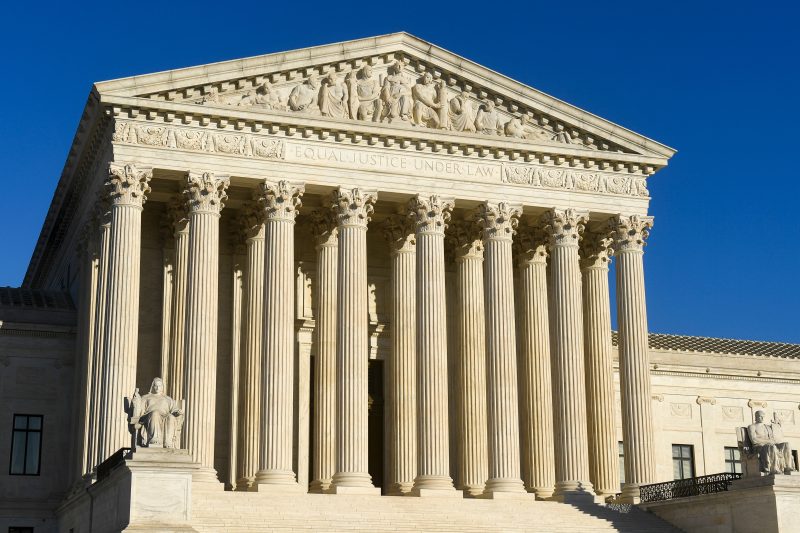The Supreme Court’s recent decision to maintain the injunction against President Biden’s new Title IX regulations in certain states has raised significant debates and concerns within the education and legal systems. While the Biden administration had put forth these new regulations with the aim of strengthening protections for survivors of sexual misconduct on college campuses, the decision to block these regulations in some states has complicated the legal landscape surrounding Title IX enforcement.
One of the primary issues at play in this legal battle is the question of jurisdiction and federalism. The states that are currently protected by the injunction argue that the Biden administration overstepped its authority by imposing these new regulations on institutions within their borders. They contend that the regulations not only infringe on their sovereignty but also create a significant administrative burden for colleges and universities in compliance. Conversely, proponents of the regulations argue that a uniform national standard is crucial in ensuring consistent and effective protections for survivors of sexual misconduct, regardless of the state in which they reside.
Another major point of contention is the impact of the injunction on survivors of sexual misconduct. Critics of the Supreme Court’s decision argue that maintaining the block on the regulations leaves survivors vulnerable and without adequate support and protections. They argue that the new regulations were designed to address shortcomings in the existing Title IX framework and provide clearer guidelines for handling cases of sexual misconduct on campus.
In contrast, supporters of the injunction argue that the regulations as proposed by the Biden administration could potentially infringe on the due process rights of the accused. They argue that the regulations place a heavy burden on institutions to adjudicate cases of sexual misconduct swiftly, potentially at the expense of fully investigating the allegations and providing fair processes for all parties involved.
The Supreme Court’s decision to maintain the injunction in certain states has highlighted the complexity and contentious nature of Title IX enforcement in the United States. It underscores the ongoing struggle to balance the rights of survivors with the due process rights of the accused and the challenges of navigating the patchwork of state and federal regulations governing this important issue. Ultimately, finding a solution that adequately balances these competing interests will require careful consideration and collaboration between federal and state authorities, as well as input from stakeholders across the education and legal sectors.

